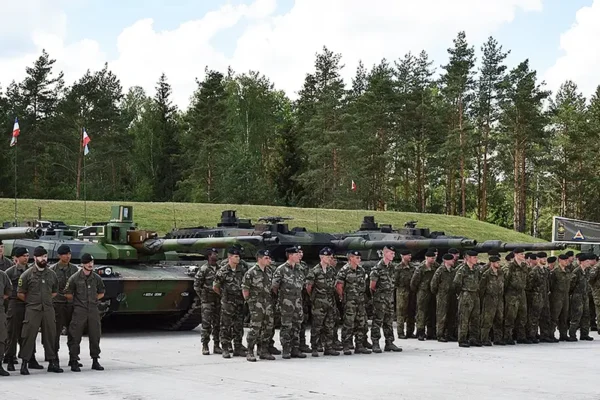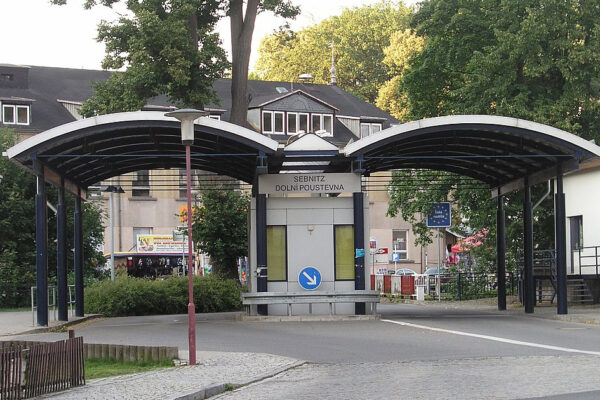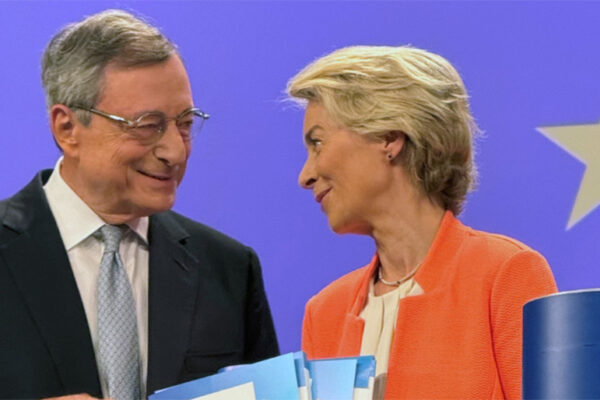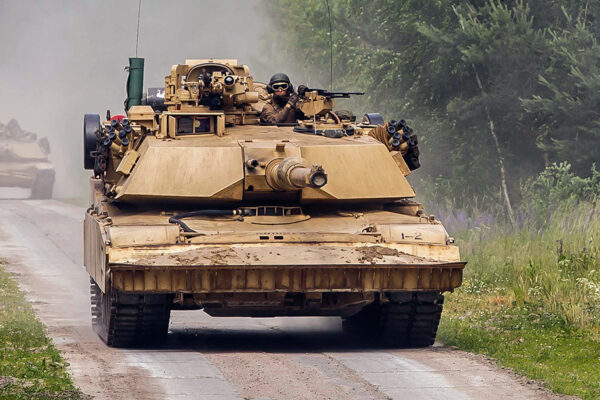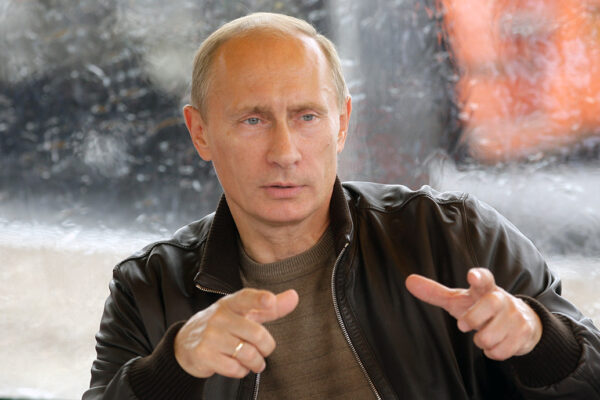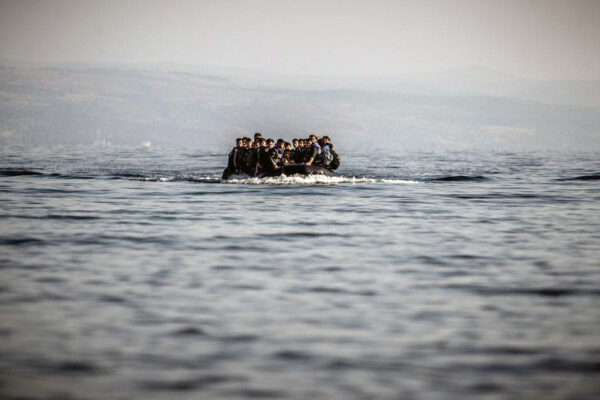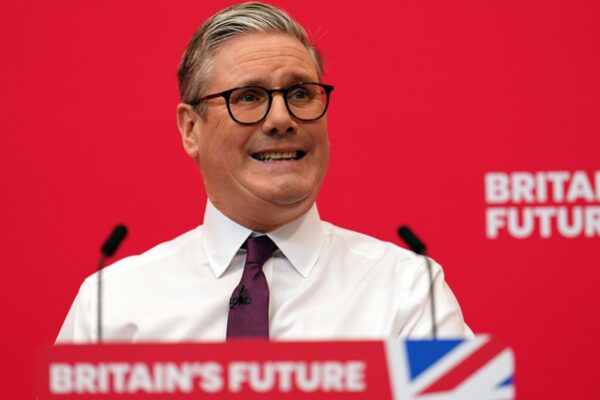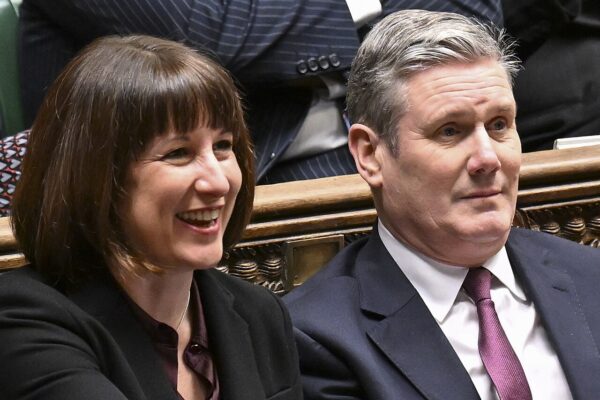Expanding the Legacy
A New Axis of Evil Arises to Fight Aimless Wars
If it’s not Ukraine, it’s Gaza or Lebanon. Thankfully, little rocket man is keeping quiet and China, at least for now, seems content to limit its threats to Taiwan to lowkey utterances of displeasure. Every week or so, there is disconcerting news on major belligerence unfolding somewhere: Russia creeping up in the Donbas; Ukraine advancing into Kursk Oblast, or Israel preparing for a ground war against Hizbollah. Poor secretary of state Antony Blinken. He shuttles all over to douse fires, cool down hotheads, warn foes, and manage recalcitrant allies - without much to show for it.
Germany’s Smoke and Mirrors on Immigration
To placate its critics, the German government has temporarily reasserted control over the country’s borders. The measure is meant to stem the flow of immigrants entering the country to submit unfounded asylum claims. As of tomorrow, checks will take place on incoming traffic by roving border patrols.
‘Super Mario’ Raises Alarm over Sluggish EU Economy
MEGA: Make Europe Great Again. Mario Draghi knows how to do that. Yesterday, the former president of the European Central Bank (ECB) unveiled his report on the Old World’s many ailments and the cures het prescribes. Mr Draghi presented the study to Ursula von der Leyen, president of the European Commission which manages the affairs of the European and serves as its executive branch.
European Defence Spending Set to Reach €300 Billion
Whilst you were not looking, a new regional superpower has emerged in Europe. Poland is determined to build the third-largest NATO army, eclipsing France, Germany, Italy, and the United Kingdom by a wide margin. Earlier this week, foreign minister Radoslaw Sikoski announced that Poland will immediately boost its defence expenditure, already amongst the highest in NATO, to a full five percent of its GDP. Mr Sikorski justified the increase by noting that the ‘Cold War peace’ has ended. Army chief of staff General Wieslaw Kukula echoed the sentiment: “We need to prepare, and be ready to fight, an all-out conflict.”
The Dogma Fuelling the War in Ukraine
The consensus amongst Putin whisperers in the United States and Europe is that the small man at the big table may be eventually be pacified once he sees and feels the folly of his misventure in Ukraine. In this reading of the Russian president, Vladimir Putin is but an opportunist, seizing the day and the moment (and land) whenever and wherever he can. By denying Mr Putin opportunity, so the narrative continues, he will eventually cease and desist since the price of war will have become too high or even unaffordable.
Far Left and Far Right Seduce East German Voters
Political life in Germany was thrown into disarray after the ruling coalition of Chancellor Olaf Scholz was dealt a crushing defeat by voters in Thuringia and Saxony. In the former, the Alternative for Germany (AfD) cruised to victory and in the latter it’s down to a toss-up between the nationalist party and the centre-right Christian Democratic Union (CDU). Officially designated an extremist party, the AfD will find it difficult to monetise its stunning victory. Securing 32.8%of the vote in Thuringia, the party needs a coalition party to in order to form a government. However, no other party is willing to engage or cooperate with the AfD. Local observers point out that, based on yesterday’s vote, assembling a majority in the state legislature seems impossible without breaching the cordon sanitaire that seeks to deny the AfD a path to power.
Britain’s Rwanda Plan: Four People Removed for £700 Million
Successive conservative governments squandered upwards of £700 million ($900 million) on an ill-advised plan to deport failed asylum seekers to Central Africa for processing and resettlement. The scheme, promptly cancelled by the new Labour government, saw just four people leave the UK for Rwanda. They did so voluntarily and were handed £3,000 in cash to help fund their new life in Africa. On Monday, Home Secretary Yvette Cooper informed Parliament that the deportation plan had cost much more than previously thought: “It’s the most shocking waste of taxpayers’ money I’ve ever seen,” she told lawmakers. Mrs Cooper also revealed that her predecessor failed to properly inform Parliament of the policy’s total costs which according to Home Office numbers could have ballooned to £10 billion over the next six years.
An Old Financial Instrument Gains New Currency
When trouble arises, throwing money at it usually works wonderfully well. The problem is, of course, that the number of troubles invariably exceeds the volume of ready cash available. During the Corona Pandemic, Spanish Prime Minister Pedro Sánchez made a surprise suggestion to revisit an old and almost forgotten financial instrument - the ‘consol’ (consolidated stock or consolidated annuities). A consol is equivalent to a perpetual bond. By definition, consols are not redeemable unless the issuer agrees; they merely pay interest and do so perpetually.
The Art and Science of Unscrambling Eggs
How to unscramble eggs. That is the question (and task) facing UK Prime Minister Keith Starmer as he meets his country’s neighbours tomorrow for a one-day summit of European leaders. The informal gathering in Blenheim, birthplace of Winston Churchill, takes place under the aegis of the European Political Community (EPC), an initiative launched by President Emanuel Macron of France in 2022, following the Russian invasion of Ukraine. More than fifty heads of state and governments are expected to attend.
European Hard Right Stopped in France and Britain
The forward march of the hard right in Europe, deemed unstoppable, has bumped into a roadblock set up by British and French voters. In a surprise outcome of the early parliamentary election, France swung to the left and kept Marine Le Pen’s National Rally well short of the expected majority.
Just Released

Africa AI Brazil Business Chile China Climate Corona Davos Debt Development Diplomacy Donald Trump Economy Elections Energy EU Europe Federal Reserve Finance France Germany HiFi History IMF Kamala Harris Military Monetary policy NATO Philosophy Politics Putin Russia Schwab Society South Africa Technology Trade Trump UK Ukraine UN US War WEF
